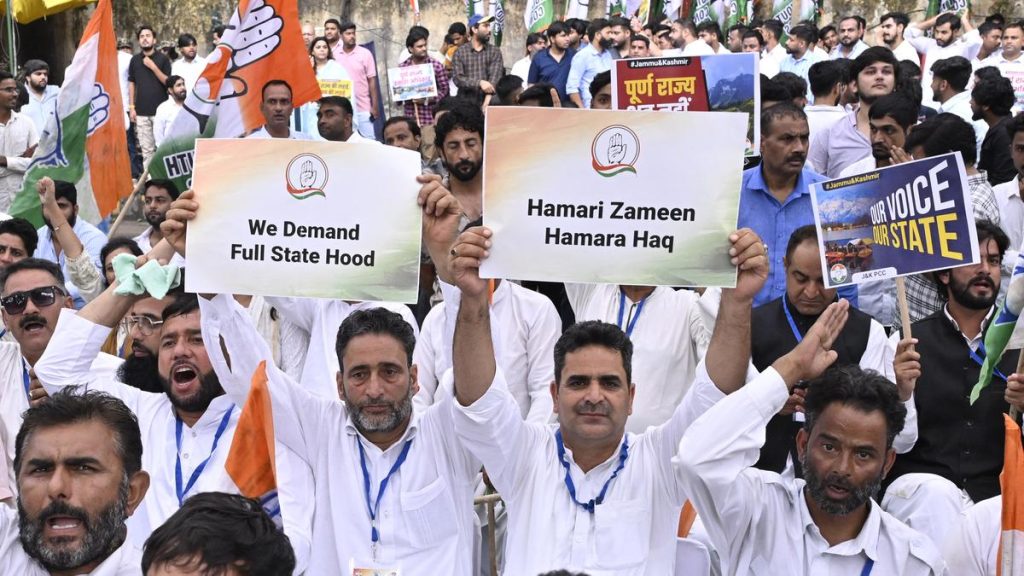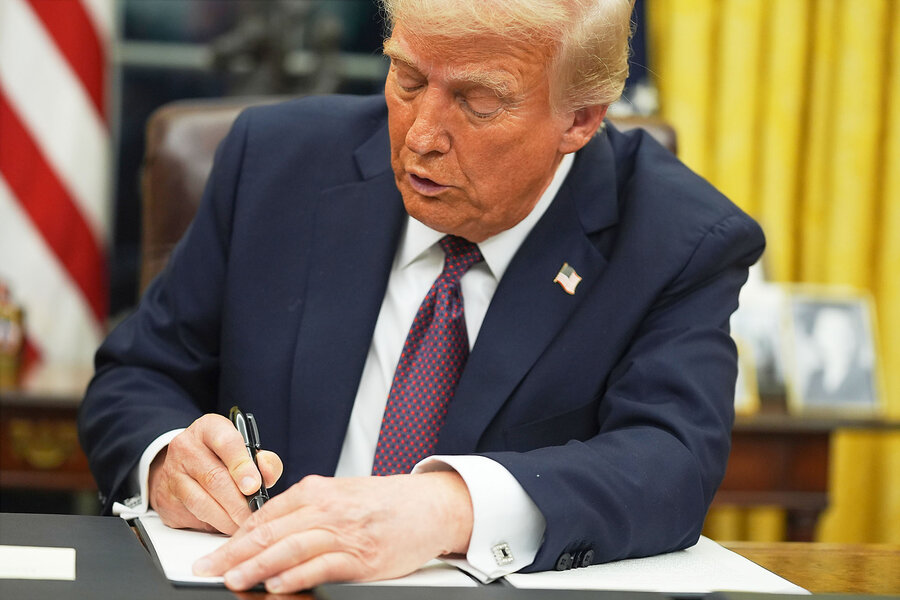Now Reading: Supreme Court Enters a New Phase: An ‘Emergency Era’?
-
01
Supreme Court Enters a New Phase: An ‘Emergency Era’?
Supreme Court Enters a New Phase: An ‘Emergency Era’?

Swift Summary
- Evolution of the U.S. Supreme Court: The court historically operated with limited control, but notable changes have shaped its modern form since 1925.
- Rise of the Emergency Docket: This year saw an unprecedented rise in emergency orders-113 applications decided compared to 44 last year-surpassing merits opinions issued.
- Criticisms and Implications:
– Decisions via emergency orders lack full transparency, written explanations, and legal precedent.
– These rulings impact key areas such as deportations, federal layoffs, presidential authority expansion, education reforms, and redefined interpretations of constitutional amendments like the 14th Amendment.
- Key Criticisms from Observers:
– Legal scholars argue this shift threatens judicial accountability by blurring lines between judicial discretion and political influence.- Some justices themselves dissented against perceived procedural abuses within their own court decisions this term.
Images:
Indian Opinion Analysis
The developments concerning the U.S. Supreme Court’s emergency docket may indirectly signal global implications for judicial institutions adapting to time-sensitive cases amidst political urgency. While these adaptations aim for agility in decision-making processes, they provoke concerns about transparency and democratic values that could resonate worldwide.
For india specifically-home to one of the largest judiciary systems managing vast caseloads-the trend underscores critical questions about balancing expedited judgments with preserving legal integrity and public trust in institutions. India’s courts frequently operate under pressure due to delayed filings or government actions requiring urgent intervention; lessons from this evolving model abroad offer both cautionary perspectives on institutional overreach through less explained rulings as well as insights into handling emergencies responsibly.
While parallels are not one-to-one applicable given different constitutional frameworks, indian policymakers may monitor how reliance on “shadow” orders either strengthens or undermines perceptions of judicial independence overseas-a concern equally vital domestically.
























